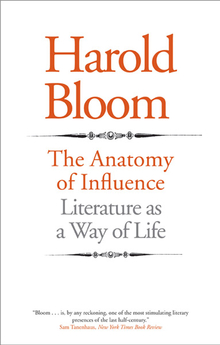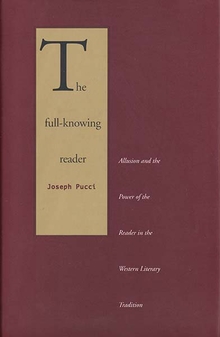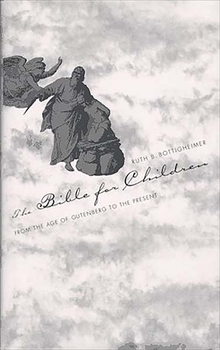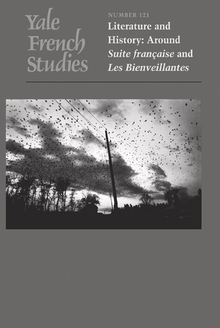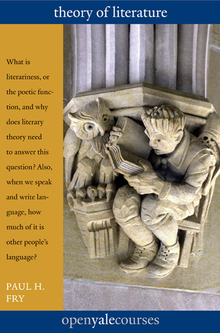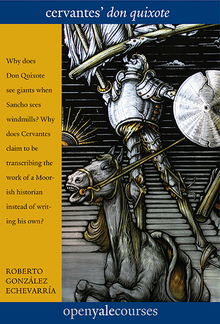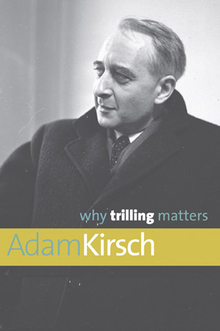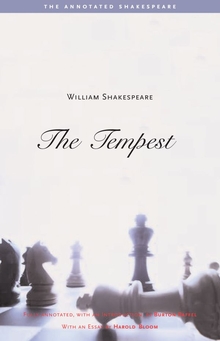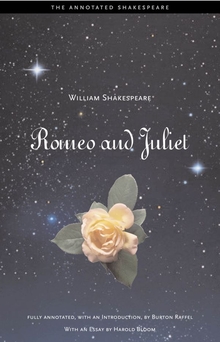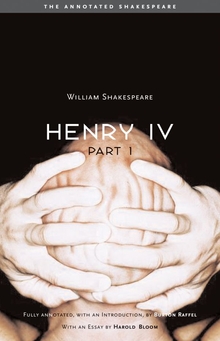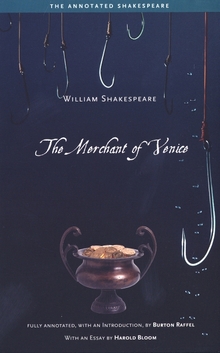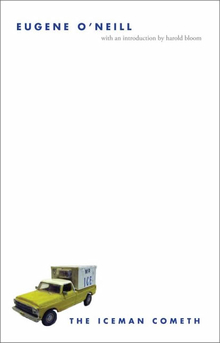The Anatomy of Influence
WARNING
You are viewing an older version of the Yalebooks website. Please visit out new website with more updated information and a better user experience: https://www.yalebooks.com
Literature as a Way of Life
Harold Bloom
Audio recording of Harold Bloom in conversation with Paul Holdengraber for the PEN World Voices Festival, recorded by LIVE from the New York Public Library.
Our most revered critic returns to his signature theme
"Literary criticism, as I attempt to practice it," writes Harold Bloom in The Anatomy of Influence, "is in the first place literary, that is to say, personal and passionate."
For more than half a century, Bloom has shared his profound knowledge of the written word with students and readers. In this, his most comprehensive and accessible study of influence, Bloom leads us through the labyrinthine paths which link the writers and critics who have informed and inspired him for so many years. The result is "a critical self-portrait," a sustained meditation on a life lived with and through the great works of the Western canon: Why has influence been my lifelong obsessive concern? Why have certain writers found me and not others? What is the end of a literary life?
Featuring extended analyses of Bloom's most cherished poets—Shakespeare, Whitman, and Crane—as well as inspired appreciations of Emerson, Tennyson, Browning, Yeats, Ashbery, and others, The Anatomy of Influence adapts Bloom's classic work The Anxiety of Influence to show us what great literature is, how it comes to be, and why it matters. Each chapter maps startling new literary connections that suddenly seem inevitable once Bloom has shown us how to listen and to read. A fierce and intimate appreciation of the art of literature on a scale that the author will not again attempt, TheAnatomy of Influence follows the sublime works it studies, inspiring the reader with a sense of something ever more about to be.
Harold Bloom (1930–2019) was Sterling Professor of the Humanities at Yale University.
"Bloom . . . has many arresting things to say and says them, often, with exquisite precision. He is, by any reckoning, one of the most stimulating literary presences of the last half-century—and one of the most protean, a singular breed of scholar-teacher-critic-prose poet-pamphleteer."—Sam Tanenhaus, New York Times Book Review
“An autumnal summing-up, winding through ‘the labyrinth of literary influence’ to conclude, ‘[t]hat labyrinth is life itself.’ ”—Kirkus Reviews
“….. [A] treasure-trove of a book……This volume is a testimony to Bloom’s assertion that he is still ‘hopelessly passionate about the poets I loved best’. “—John Montague, Irish Times
“He is, by any reckoning, one of the most stimulating literary presences of the last half-century”—Sam Tanenhaus, International Herald Tribune
“Reading Bloom read the great writers of the canon is an immense pleasure; reading Bloom read Bloom is a revelation. Like his ideal poets, Bloom brings us fire and light, apt tools for reading in the dark.”—James Angelos, Ugarte
“…..wise, funny, maddening…… [Bloom is the] most irrepressible and irreplaceable of critics.”—Robert Douglas-Fairhurst, The Daily Telegraph
“…as provocative, as gloriously preposterous and as captivating as ever.”—John Banville, The Guardian (Christmas Books 2011)
“The breadth of thinking and the range of reference in The Anatomy of Influence are astonishing.”—John Banville, The Guardian
“If the pronouncements of Bloom are sometimes cryptic, and wayward, his insights can be brilliant, as when he suggests that Shakespeare might be exploring his relationship to his mighty precursor Marlowe in the relationship between the half-brothers Edmund and Edgar in King Lear; or when he remarks that Milton could not have presented an unfallen Satan in Paradise Lost because he would have been too much like Hamlet; or when he explores the wide and varied influence of Walt Whitman, whom he considers the greatest of American poets.”—Bernard Manzo, The Tablet
"This book will be of great interest to those working on the history of literature, theories of poetics, and for those literary theorists who want to understand the relationship between literature and psychoanalysis."—Shiva Kumar Srinivasan—Journal of Literary Theory
Publication Date: April 17, 2012

